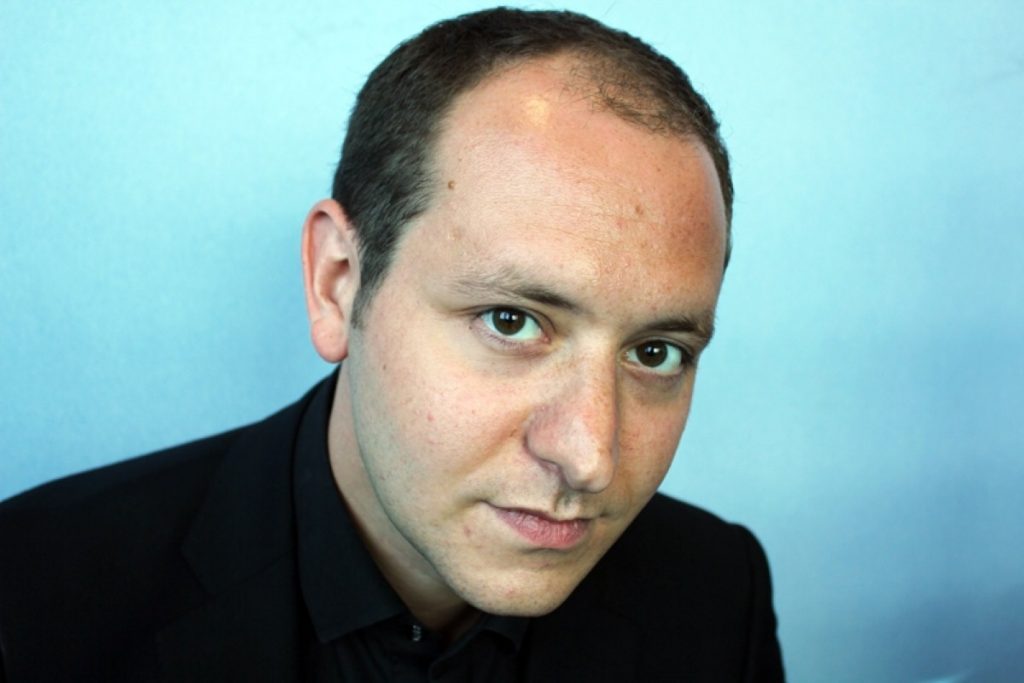Comment: Forget JFK – this is Aldous Huxley day
Kennedy was a sex pest drug addict. His greatest achievement was to turn the White House into a trashy TV soap opera. His greatest failure was in bringing the world to the brink of extinction.
It is a fairly significant failure, one might think. But he was handsome, had an attractive wife and enjoyed gossip-friendly affairs, so all is forgiven.
As the great Marxist historian Eric Hobsbawm noted, he was arguably the most overrated president of all time and certainly "the most dangerous and megalomaniac".
The importance he is given is a triumph of style over substance. And nothing defines that failure better than the perpetual overshadowing of the death of Aldous Huxley, just a few hours later, on the very same day.


Huxley's career was eclectic, eccentric and relentlessly free-thinking. He pursued the final period of his adulthood as many other intellectuals enter it – by ingesting lots of psychoactive drugs and assessing the result. But his grandest work by far is Brave New World, one of the most important political novels ever written.
Huxley sort of stumbled on its importance. The truth is, he didn't really know what he was doing. He fell backwards into it. Unlike 1984, the book to which it is forever compared, Brave New World feels oddly unopinionated. This is because Huxley did not entirely disapprove of the nightmarish future he envisioned.
Huxley was not a democrat. At this point in his life, before a sort of mystical Brahman anarchism took over, he was an adherent to Plato's ideas about the philosopher kings, offering rational and benign rule over the populace. At certain points in Brave New World he evidently admires the logic and stability of the system he has devised.
At other points it is explicit satire, albeit of a decidedly anti-American variety. Like many Europeans of his time, Huxley was horrified by the rampant consumerism of American culture, not least in Los Angeles, which he considered to already be dystopian. Like many anti-Americans, he later emigrated there.
In other sections, Huxley offers a highly astute prediction of the future development of technological and cultural trends.
But despite the fact that he didn't really know what he was doing – and that Brave New World is undoubtedly a mess – his novel has more to say about how we live now than thousands of sober political analyses which are published in our own time.
George Orwell's 1984 had a much better realised concern and one he fleshed out with considerably more skill and foresight. But he saw only the dark, oppressive side of technology. Huxley saw how benign technology could imprison us too. And how the pleasures of sex and drugs could be used to control instead of liberate.
Orwell perceived sex as liberating. The proles are allowed it, but not party members. For Huxley, sex is used to placate and subdue the populace. You only have to look at two minutes worth of adverts or prime time television to see which of these interpretations is ultimately more convincing.
In modern Britain, mind-altering drugs – far from being the radicalising tools of liberation envisioned in the sixties, -have become incorporated into capitalist society. Occasionally, Paul Flowers or some other unfortunate businessman is caught and publicly humiliated. But in general, bankers, lawyers, businessmen, civil servants and the rest live a double life – ecstasy and cocaine on the weekends, decent member of society on weekdays.
The mind-opening ideals of LSD and mescaline were replaced by the instant gratification of MDMA. Euphoria for six hours on a Saturday night: capitalism could live with that.
The reason Huxley and Orwell find themselves brought up constantly in the same sentence is that our current predicaments only really become clear by combining them.
Orwell's vision of technology evidently has bearing on modern society: the blinking red light of the CCTV camera gazing out at you, the failure of governments to distinguish between what might preferably be done and what enforcing it entails for individual liberty, the relentless attempt to simplify and constrict political thought. These are the dark and venal effects of ideology and technology which Orwell rightly observed.
But Huxley saw the other side: how light entertainment and sexual allure can erode people's capacity for rebellion, how hedonism and consumerism fail ultimately to provide the satisfaction they promise, how the pursuit of stability can deny what is meaningful about the human experience.
The behind-the-scenes horror of technology for control is a part of our life. But Huxley offered us an even more unsettling insight: that the things we consider liberating also imprison us.
What a shame – but how fitting – that a glamous bore like Kennedy should overshadow the anniversary of this titan of political thought.
The opinions in politics.co.uk's Comment and Analysis section are those of the author and are no reflection of the views of the website or its owners.

